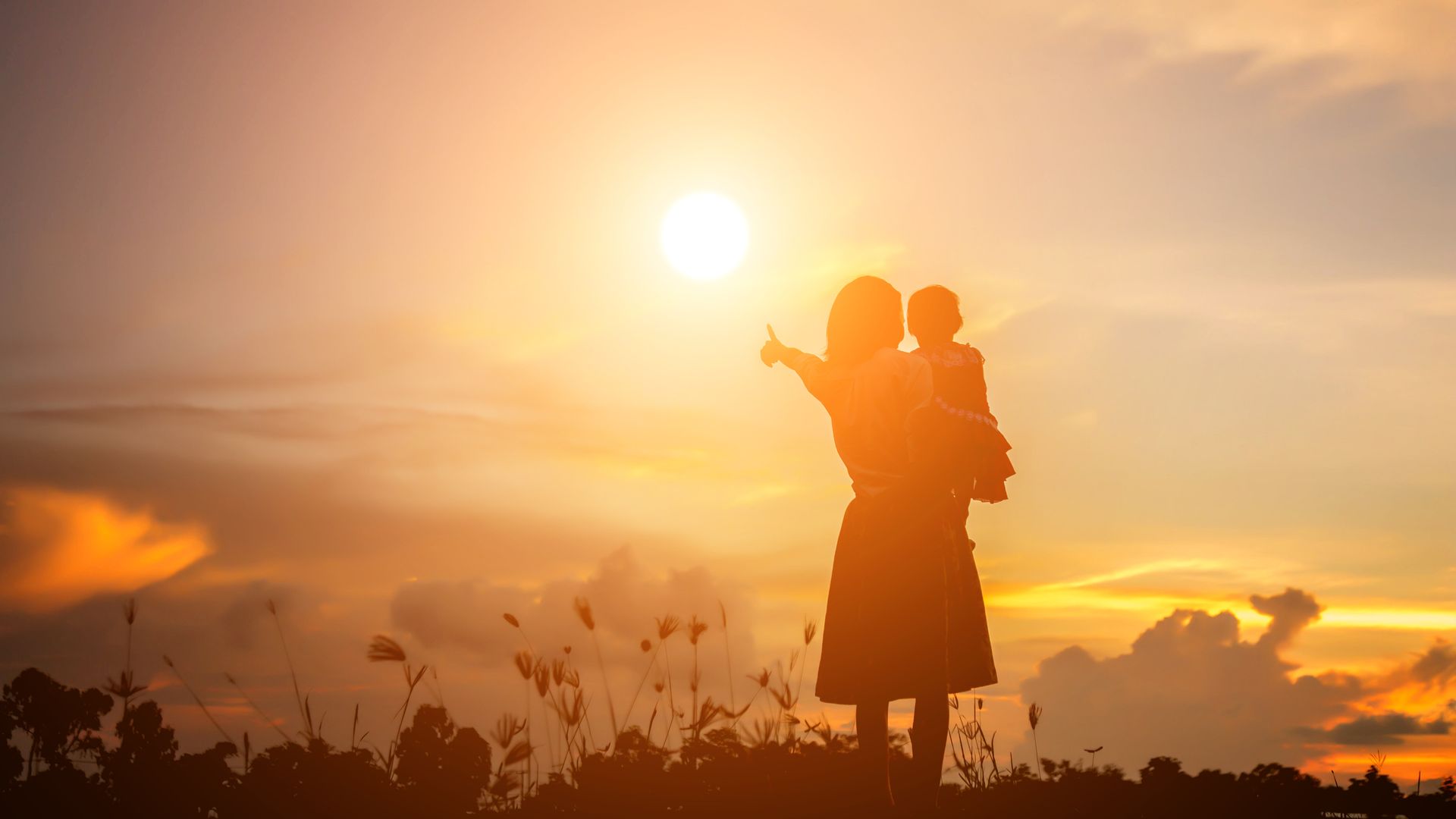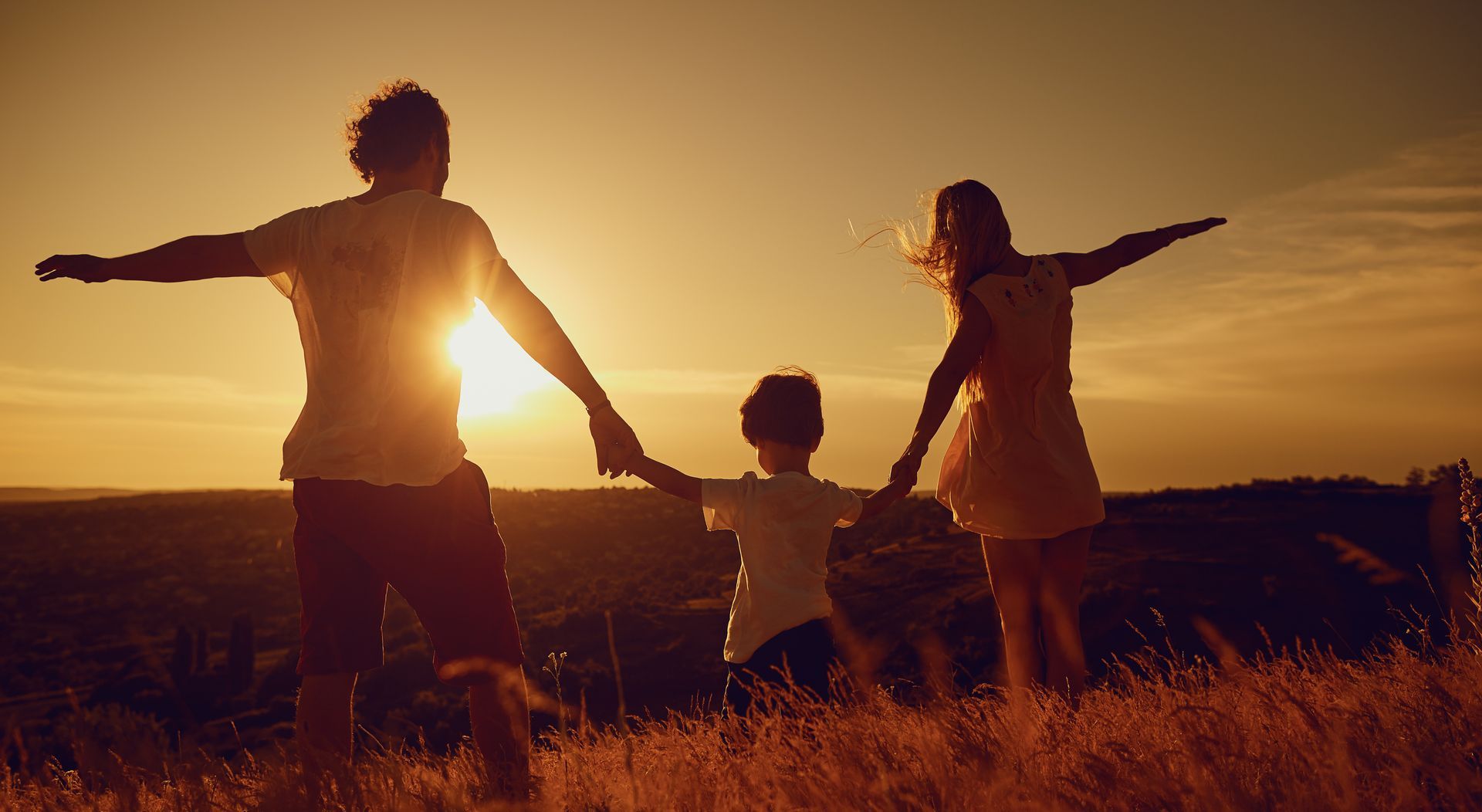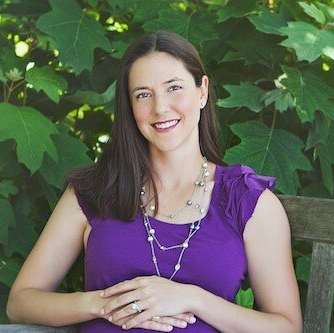Parenting for a Peaceful World

Before I began my training as a parent coach, I started to read Parenting for a Peaceful World by Robin Grille. It was an “optional” reading for the program, and I had no idea what I was getting into.
Now that I’ve experienced the transformation of peaceful parenting in my own family, I can embrace the tension between the harsh history of parenting and the hopeful future we all have the opportunity to create.
I am a parent who wants my children to live happy and meaningful lives. As a Jai Parent Coach, I want this for all families, both for their own joy and because I see it as humanity’s path to living in peace and evolving in love.
Though I’m relatively new to these concepts, I’m already using them to influence my parenting choices.
As you explore different parenting philosophies and practices, I invite you to consider:
You are not responsible for things you did not yet know.
Every piece of new knowledge is something you can choose to integrate into your parenting going forward.
Read on with curiosity and a lens of hopeful change.
In the first section, “From Violence to Harmony: Childrearing and Social Evolution,” the author takes us back in time and describes several stages of social evolution and the parenting modes that were most prevalent during each time period.
The first was the
infanticidal mode – yes, the killing of babies and children through outright murder, or abandonment resulting in death. Essentially, children were viewed as useless, except for serving the needs of adults, so to ease any burden, excess children were simply killed. This was quite common in much of Western civilization until the 4th century AD.
The
abandoning mode was widespread from the 4th to the 14th century, and achieved the same goal of eliminating unwanted children, but out of sight from the parents.
The
ambivalent mode, which continued into the 18th century, allowed for all children to stay in the home, but without true concern for their welfare. Children were seen as “little devils who needed to be whipped into human form.1 ” This era was marked by intense physical punishments, child labor, torturous swaddling, and sexual abuse.
Eventually the
intrusive mode
introduced the idea of a loving family around the 18th century, and children were occasionally permitted some affection.
The biggest change came with the romantic movement and Rousseau’s
The Social Contract in which the philosopher proposed that each individual is born free, rather than subject to parental authority. But violent practices were still common and children had little protection from physical abuse, sexual mutilation and exploitation, and forced labor.
At last we enter the modern age of the
socializing mode, characterized by the parents’ priority to train children through promoting desired behavior and limiting unwanted behavior. Also notable is the entry of the father taking an active parenting role.
This coincided with Freud’s work and the birth of psychology. More governments began to create laws protecting children, their health, and their rights. The goal of this mode is to shape the child’s character for conformity, actively diminishing any self-expression, free thinking, or individuality. This is done through punishments, bribes, shame, and praise.
The next phase of social evolution, the one that we are experiencing right now, is marked by what Grille calls the
helping mode, known also as conscious, peaceful, positive, wholehearted, or natural parenting.
These progressive practices come out of research into emotional development, so they focus on children as individuals who deserve encouragement, stimulation, and support. Grille summarizes that this mode of parenting embraces the parent’s leadership role, “while recognizing the essential liberty and dignity of the child.”
2
What is the link between this brutal history of parenting practices and how we parent today?
My interpretation of Grille’s research is that the family unit is a social structure for normalizing behaviors, meaning children internalize what they experience and have a higher tendency to repeat it.
The goal of a peaceful parent is to normalize behaviors modeling acceptance, nonviolence, empathy, and unconditional love. When children internalize these emotionally attuned experiences they have a higher tendency to be compassionate, resilient, and peaceful adults.
This process of “normalization” happens in everyday interactions, especially through the inevitable mistakes we make (because we are human, after all) and the way we repair the relationship with our child.
I believe that parents have the most influential jobs in our society.
If this seems overwhelming, let’s put it into a manageable perspective: This is all about connecting past, present, and future. Our Past, going back many, many generations is unchangeable. The Future, going beyond our children’s time at home and even their lifespans, is beyond our control. That leaves the Present. It is our only opportunity to make a difference, to be intentional in our choices and committed to our relationships.
The more we can integrate
peaceful parenting into our daily lives, the better chance our children have at thriving as individuals and in all of their future relationships.
How does our parenting influence society?
Another reason parents have such an important role is that what happens in the home ripples out into the world. As we make these changes in our families, we are establishing new cultural expectations that can extend to our schools, workplaces, places of worship, and even the policies and laws that govern us.
Peaceful parenting is not just a set of strategies, but a complete paradigm of relating to people; thus it can be applied in any organization or social context.
Grille examines several wars and conflicts as clear examples of the serious, negative side effects that can occur when an entire society condones violence against children. He also highlights evidence that shows positive changes toward democracy, human rights, and environmental protection are possible where families value empathy and acceptance. Grille cites examples from the French Revolution, the American Revolution, and Sweden’s long-standing policies that consistently support families and children from all angles.
Peaceful parents who raise children with empathy, respect, and unconditional love create a new generation of confident and emotionally intelligent adults. This generation will look beyond their own struggles, respond to those in greater need, and offer compassion to their fellow citizens and the earth they inhabit.
If you’re still uncertain whether your parenting choices have much impact, I will leave you with a final quote from Robin Grille: “Our commitment to children’s emotional health will ensure our rapid evolution toward a peaceful, just, sustainable and enjoyable existence for all of humanity.” 3
Meet Your Author, Allyn Miller
Allyn is a recently certified Jai Parenting Coach and an experienced early childhood teacher.
She has seen the positive impact that happens when parents embrace their role as their child’s first teacher, and is on a mission to empower every parent who desires to create peace in their home. She has lived and traveled around the globe and also believes that peaceful parenting is an essential path to a more peaceful world.
Allyn currently lives in Weston, Florida with her husband and two children.
Share This Article:
Curious for more?















